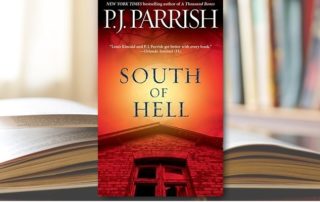Evaluating Nonfiction: A Nonfiction Editor Shares His Perspective What can set your nonfiction manuscript up for success ... or doom it to the reject pile
[by Peter Gelfan]
Fiction lives or dies by the author’s storytelling and writing skills (and perseverance and some luck). For nonfiction, then, one might assume that likewise, an interesting topic well elucidated will do the job. However, the publishing industry and readers regard nonfiction a bit differently.
One reason to hire a nonfiction editor is to make sure […]






